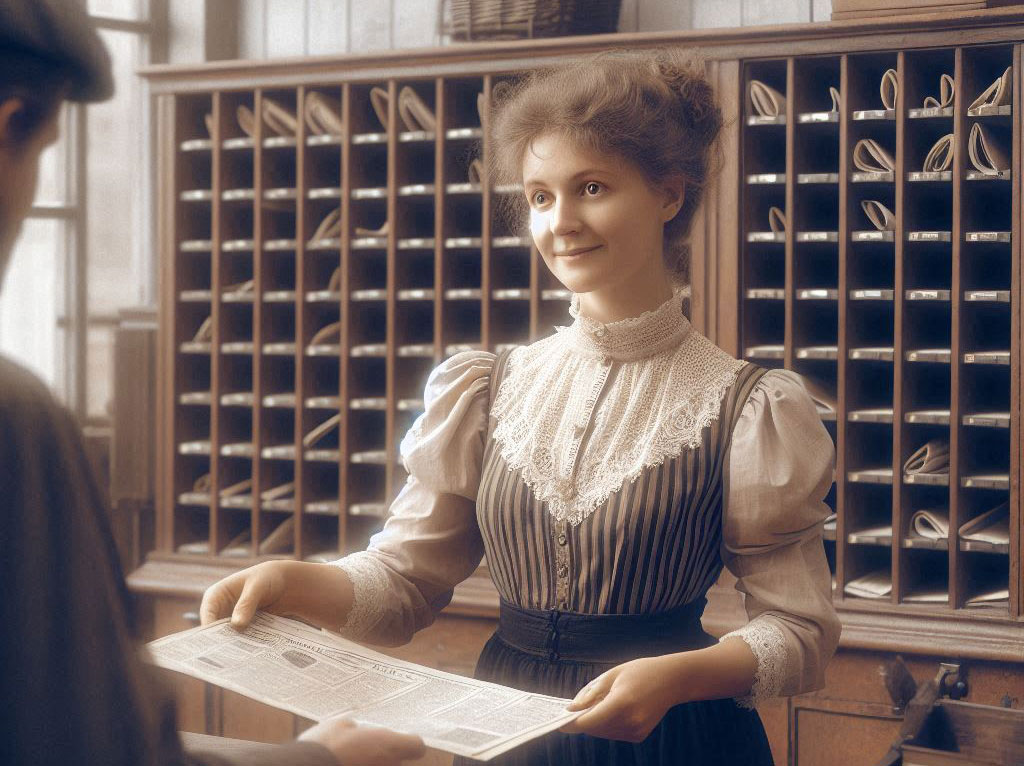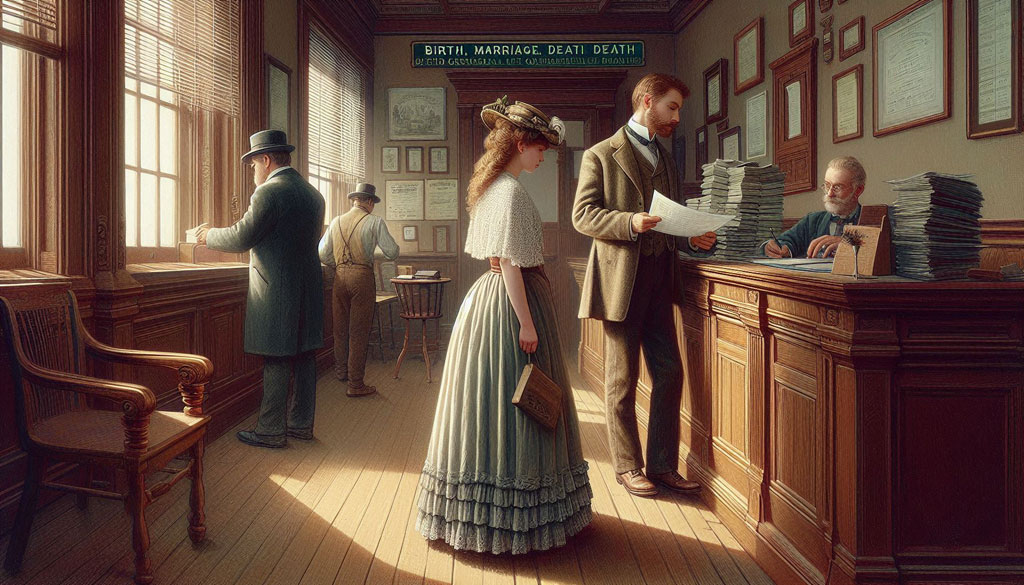Don’t Ignore Scholarly Resources – They are Genealogically Leverageable and a Must for Your Genealogy Toolbox
While genealogists often rely on familiar resources, many overlook the wealth of scholarly and academic research that can enrich their family histories. Academics and researchers delve deeply into rabbit holes of genealogically relevant topics, publishing their findings in FREELY accessible to ALL resources. By tapping into these treasures, genealogists can benefit from already-done rigorous research and insights. In this webinar, we'll explore at least 35 such resources and provide tips on discovering more, helping you harness the power of academic research to enhance your genealogical pursuits. We promise you’ll discover a “new-to-you” resource and it might just help you break down a brick wall.



